Rome (Italy). International Women’s Day is celebrated on 8 March 2024, to draw attention to the value of women in caring for life, celebrate their courage and determination, and remember the long road to guaranteeing women’s rights in many parts of the world.
Achieving gender equality and the well-being of women in all aspects of life is a fundamental goal for creating fruitful economies and a more equal and just society for all. However, to achieve it by 2030, as set out in Goal No. 5 of the United Nations 2030 Agenda – Achieve gender equality and empower all women and girls – we are still faced with an annual deficit of 360 billion dollars to invest in measures for gender equality (cf. 2023 Global Sustainable Development Report).
For this reason, the United Nations on the occasion of International Women’s Day 2024, has chosen the theme: “Investing in women: Accelerating progress” (#InvestInWomen) with the hope of transforming challenges into opportunities and creating a better future for everyone.
In fact, if the current trend is not reversed by 2030, more than 340 million women and girls – 8% of the global female population – will continue to live in conditions of extreme poverty. Add to this the persistence of the gender gap in roles of power and leadership and, if we continue at the current pace, it will take another 286 years to achieve gender equality in public life.
The data relating to the situation of women in the world are, like every year, alarming. According to the United Nations report entitled, “The paths to equal – Twin indices on women’s empowerment and gender equality” published in 2023, women:
- are more exposed to poverty, violence, discrimination, and social exclusion, with 31% of women living in extreme poverty; 18% of women who are married or in a relationship in which they suffer physical or psychological violence from their partners; 49% of women who do not have access to essential health services; and 16% of women who do not have access to the internet;
- are underrepresented in political and economic leadership positions with only 25% of parliamentary seats held by women and 28% of senior management levels held by women.
Another worrying fact emerges from the United Nations report (Women are increasingly at-risk in conflict and underrepresented in peace processes) which reveals that in 2022, more than 600 million women and girls lived in countries affected by conflict. This represents a 50% increase compared to 2017.
The climate crisis also affects women more, as demonstrated by the UN report “Taking Stock: Sexual and Reproductive Health and Rights in Climate Commitments” published in 2023, which highlights how heat waves have negative impacts on pregnancies, increasing the risk of miscarriage or premature birth. The climate crisis then manifests itself with environmental disasters that prevent or limit access to health services, encouraging the spread of diseases. The consequences of extreme events particularly impact girls, who in various countries are forced by their families to marry early, since in times of crisis they have fewer resources to support them.
All this increases gender violence. Violence against women and girls remains one of the most widespread and pervasive human rights violations in the world. Globally, it is estimated that 736 million women – almost one in three – have suffered physical and/or sexual violence at least once in their lives. Given these data, governments’ commitment to combating violence against women and girls is very lacking: only 5% of government aid is intended to address it and less than 0.2% is intended for prevention.
Only through joint efforts, international cooperation, and a profound change in mentalities and policies can we hope for a more just and equitable world for all people.
VIDES International and the FVGS ETS Foundation, in synergy with the Institute of the Daughters of Mary Help of Christians, are committed to women’s rights and to promoting education as a privileged key for the promotion of human rights and sustainable development, so that women themselves may become promoters of cultural change.
VIDES International, thanks to the implementation of its cooperation in development projects, intends to contribute to the achievement of gender equality. Specifically, it works to guarantee respect for the rights of women, girls, and female children in contexts of greatest vulnerability and risk.
Among the numerous projects carried out in this area, of particular relevance are the multi-congregational projects – “A multi-congregational observatory to promote girls’ rights in 6 countries in the post-pandemic: a joint effort to bridge the digital divide and ensure the mental health of girls” – funded by Misean Cara and by “Keeping Families Together” project funded by the GHR Foundation.
The first involves four female congregations engaged on the front line in responding to the needs of the most vulnerable girls in India, Nepal, South Sudan, Kenya, Ecuador, and Peru in the field of mental health and the digital divide. The second contributed to providing guidelines and concrete support to the Missions of the Salesian Sisters in India and Kenya, in their effort to promote the reintegration of girls residing in Children Homes in their families of origin or in alternative forms of reception, which ensure a safe, loving, and stimulating environment.
In addition to these two important development interventions, the project “Promoting women’s empowerment and environmental protection in Kokopo and neighboring villages in Papua New Guinea”, promoted by VIDES International with the support of the Daughters of Mary Help of Christians, is also significant. Thanks to this, it was possible to improve the lives of 89 women who lived in conditions of great socio-economic marginalization, sometimes accompanied by episodes of gender violence.
Specifically, these women were able to access professional training courses and income-generating activities, which contributed to their socio-economic emancipation. Furthermore, the beneficiaries took part in a series of awareness meetings on gender violence, thus acquiring greater awareness of their rights and protection mechanisms.
La FVGS ETS, through distance support, guarantees hundreds of female children and girls in Asia, Africa, Latin America, and Europe the opportunity to study and grow in a protected environment, developing their potential. FVGS works to achieve both Sustainable Development Goal No. 4 (Provide quality, equitable, and inclusive education and learning opportunities for all), and No. 5, with the education of female children, girls, and women as its main focus, to give them the chance to find a decent job and escape poverty.
On this International Women’s Day, we are called not to close our eyes to injustices and violations of human rights and to act at a local level, so that governments may take action to implement programs to promote gender equality.
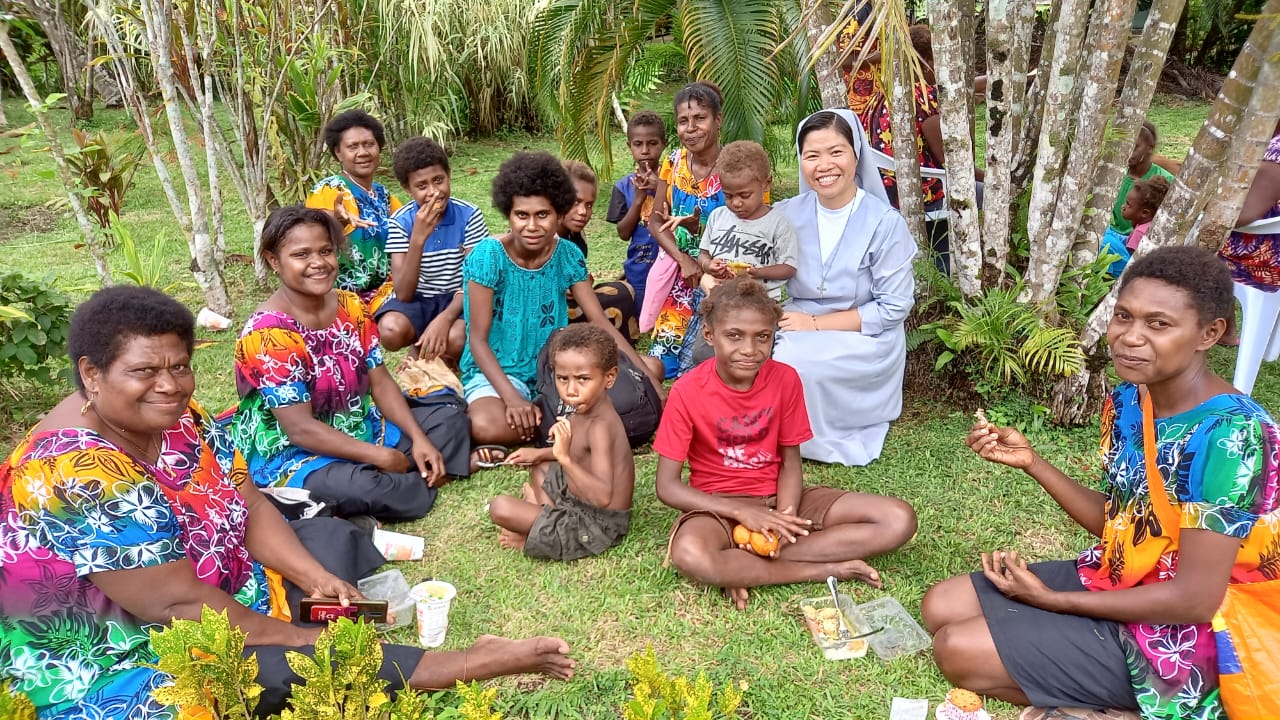


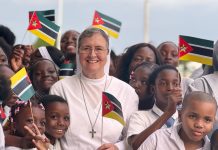


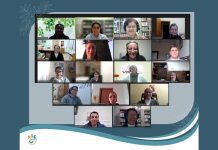


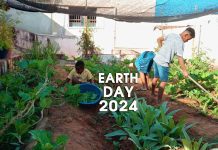

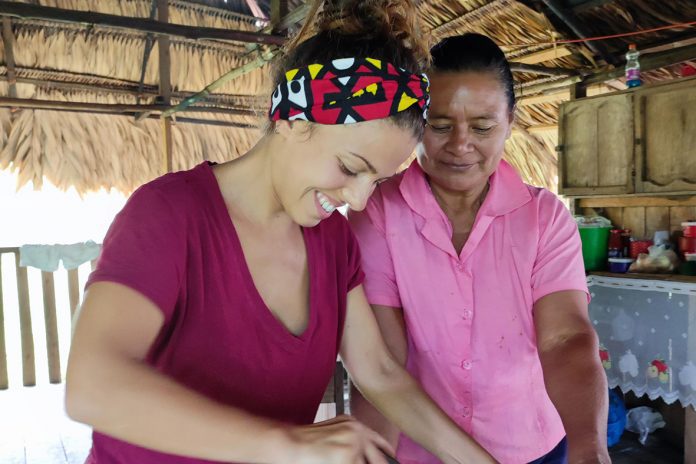










Gracias por compartir un panorama real sobre la Mujer. No bajar Los brazos Orando evangelizando y trabajando con las jovenes y mujeres podemos aportar una sociedad en desarrollo dar pasitos corto pero costante. Educar todos(Laicos, Profesionales y consagrados) un abrazo. Hna. Aida